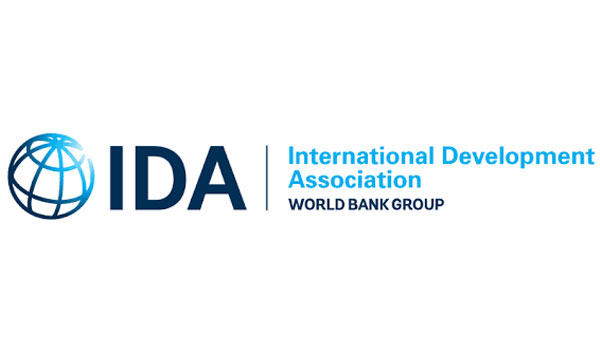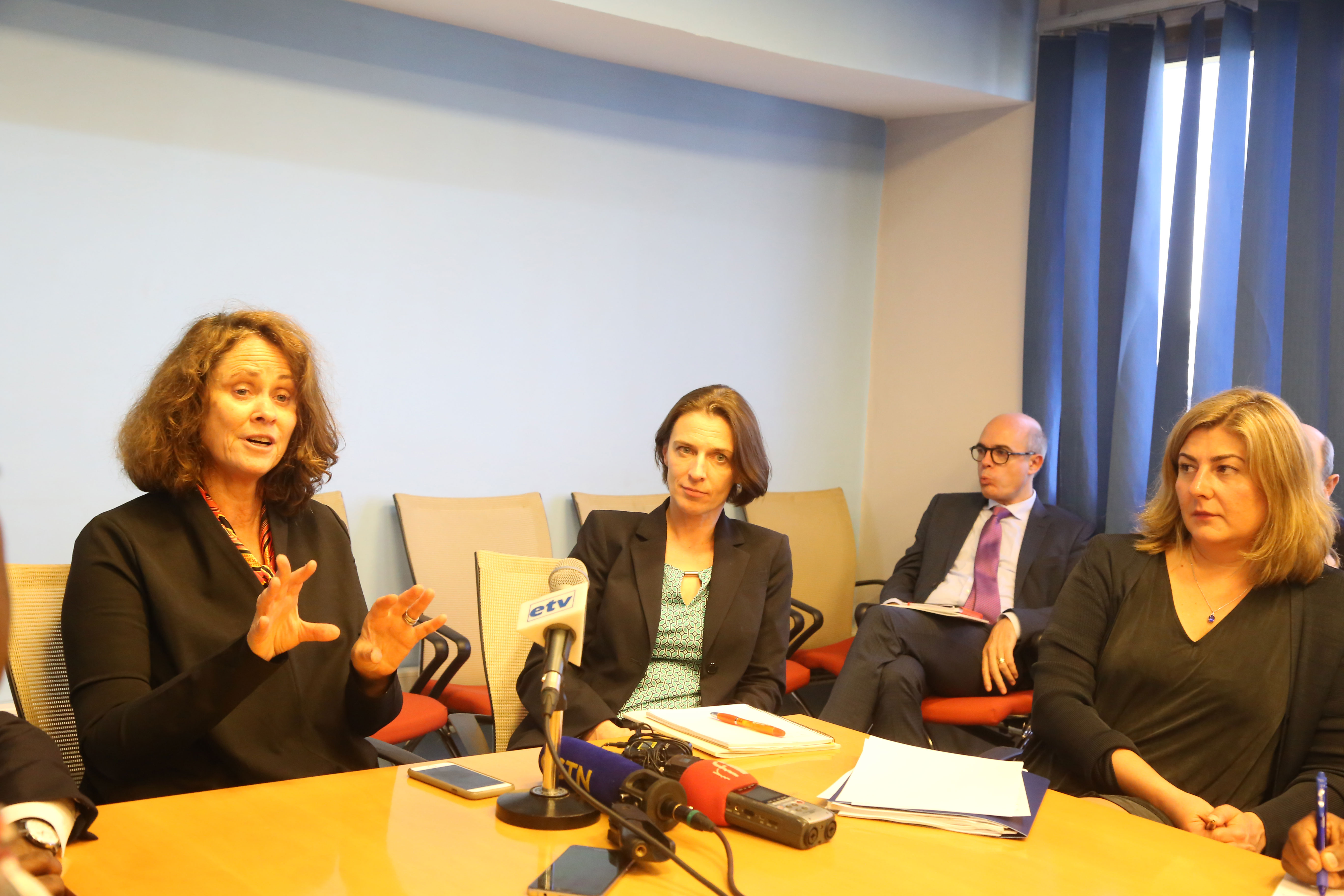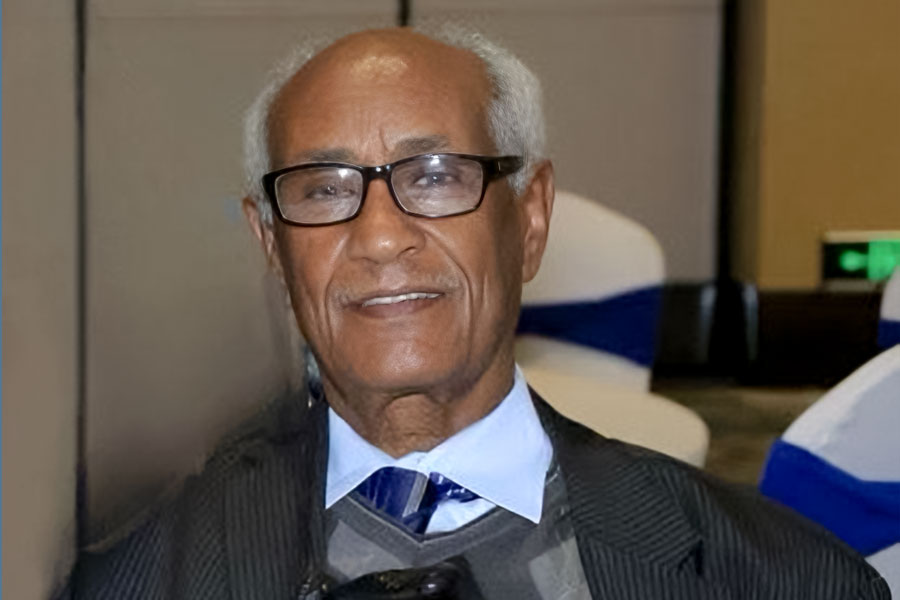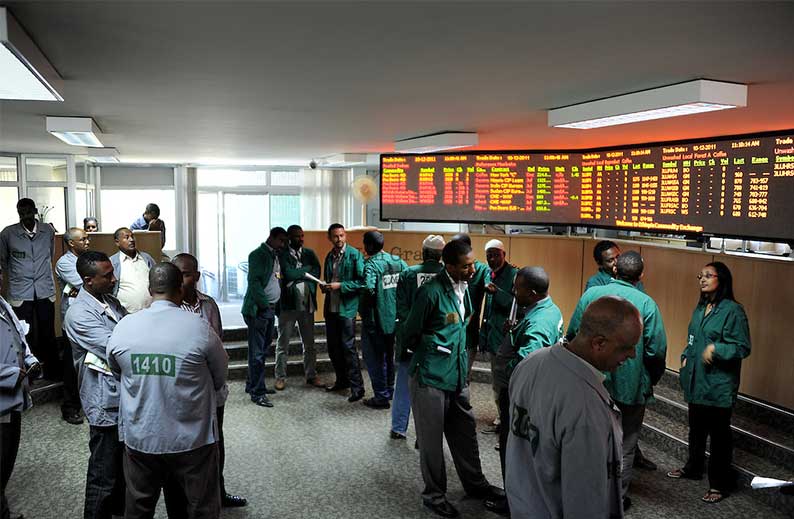
Fortune News | Jun 01,2019
Jan 1 , 2022
By Christian Tesfaye
The just-ended year has been interesting. Although it would be hard to back up with data, it is hard to remember a year when Ethiopia was such a focus of international media and attention since perhaps the famine of the early 1980s. The latter managed to be a momentous event that galvanised the global aid industry and propelled it to mainstream attention following the Band-Aid concert. The long-term impacts this time around are still to be seen. Still, it is unfortunate that the history of this country over the past half a century, through the eyes of the international public, is likely remembered in chapters of different humanitarian disasters and conflicts.
We could be forgiven then for assuming that the world must have revolved around our orbit in 2021.
From the United Nations Security Council to nearly every recognisable media institution, especially based in the West, did they have anyone in their minds but Ethiopia and its civil war in the north? From a rebel army touted to secure military victory Taliban-style to a Prime Minister that ventured to the battlefront, was there anything that should have been more newsworthy in 2021?
Surprisingly, although the world heard more about us this year than it had in a long time, our troubles and tribulations are not nearly as notable as we imagine. The world is a big place, with much greater influence wielded by the Global North, and in which the existential issues of a poor African nation do not make that much news. The year-in-reviews of most publications can back up my claim.
Take the Wall Street Journal. The storming of the US capitol, COVID vaccines, meme stocks, the sentencing of the Russian opposition leader Alexei Navalny, NFTs, the blocked Suez Canal and America’s withdrawal from Afghanistan were some of the biggest news stories. The same is true for CBS News, which also counts the billionaire space race, the Tokyo Olympics and the Texas abortion ban. Ethiopia is absent among the most noteworthy events.
But, we can argue, US media institutions are notoriously skewed towards America-centric news. They are not good enough measurements of what people were talking about each year.
What about more internationally-focused publications, such as The Economist?
In an article that churns together how many hours audiences spent following stories, a great deal of attention was concentrated on, here again, the American presidential transition, COVID-19 and even the new James Bond film. Ethiopia and its crisis do not seem to have gained that much traction.
But what becomes news and how well it is pushed is often highly influenced by the media institutions themselves. Perhaps there were issues people were highly interested in, like Ethiopia, but were not sufficiently covered by mainstream media. Google could answer this question, and it does, and we will not find this country any closer to the top.
The most trending news stories were the likes of AMC stock, the shares of an American theatre company, Dogecoin, the biggest meme stock, and COVID related news. The number one trending was Afghanistan, most probably because the crisis in that country involved the US.
But wait. What about Twitter, one of the battlefronts of the war? We must have made a dent there, right?
No. In politics, it was still dominated by what was happening in the US. The most liked tweet belongs to Joe Biden. Other than that, it was #StopAsianHate. Much of the rest was speculating and debating over TV shows and movies.
Does that mean the world does not revolve in our orbit? Are our debacle and crisis only noted by people within the borders of Ethiopia or, at most, in the Horn of Africa? Has the world not taken note of what we see as a fight for the history books, an epic battle against imperialism or fascism (depending on political affiliations)? Are we mice barely audible in our scuffles in this world of elephants?
According to the data, probably.
PUBLISHED ON
Jan 01,2022 [ VOL
22 , NO
1131]


Fortune News | Jun 01,2019

Editorial | Sep 27,2020

My Opinion | Jan 23,2021

Fortune News | Nov 21,2018

Editorial | Sep 04,2021

Commentaries | Apr 20,2024

Radar | Oct 31,2020

Obituary | Feb 10,2024

Agenda | Nov 23,2019

Commentaries | Jul 18,2020

My Opinion | 131507 Views | Aug 14,2021

My Opinion | 127863 Views | Aug 21,2021

My Opinion | 125841 Views | Sep 10,2021

My Opinion | 123471 Views | Aug 07,2021

Dec 22 , 2024 . By TIZITA SHEWAFERAW
Charged with transforming colossal state-owned enterprises into modern and competitiv...

Aug 18 , 2024 . By AKSAH ITALO
Although predictable Yonas Zerihun's job in the ride-hailing service is not immune to...

Jul 28 , 2024 . By TIZITA SHEWAFERAW
Unhabitual, perhaps too many, Samuel Gebreyohannes, 38, used to occasionally enjoy a couple of beers at breakfast. However, he recently swit...

Jul 13 , 2024 . By AKSAH ITALO
Investors who rely on tractors, trucks, and field vehicles for commuting, transporting commodities, and f...

Jun 28 , 2025
Meseret Damtie, the assertive auditor general, has never been shy about naming names...

Jun 21 , 2025
A well-worn adage says, “Budget is not destiny, but it is direction.” Examining t...

Jun 14 , 2025
Yet again, the Horn of Africa is bracing for trouble. A region already frayed by wars...

Jun 7 , 2025
Few promises shine brighter in Addis Abeba than the pledge of a roof for every family...

Jun 29 , 2025
Addis Abeba's first rains have coincided with a sweeping rise in private school tuition, prompting the city's education...

Jun 29 , 2025 . By BEZAWIT HULUAGER
Central Bank Governor Mamo Mihretu claimed a bold reconfiguration of monetary policy...

Jun 29 , 2025 . By BEZAWIT HULUAGER
The federal government is betting on a sweeping overhaul of the driver licensing regi...

Jun 29 , 2025 . By NAHOM AYELE
Gadaa Bank has listed 1.2 million shares on the Ethiopian Securities Exchange (ESX),...